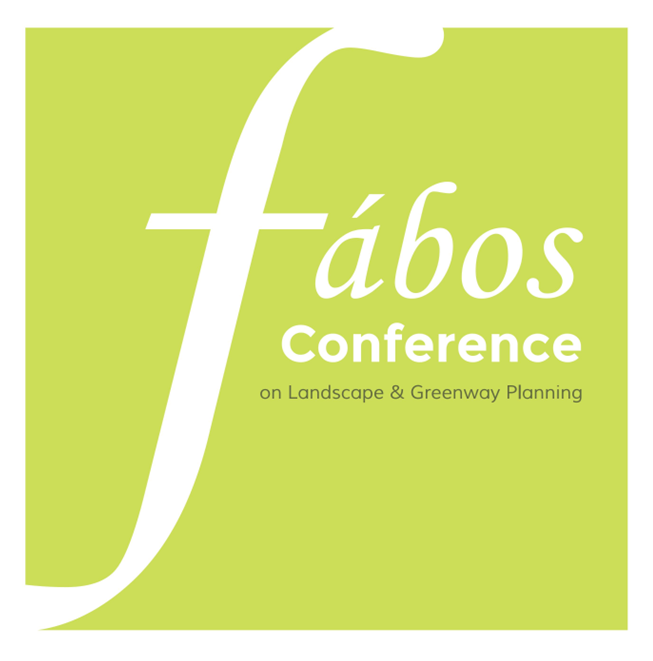Garden Heritage – new perspectives in Hungarian Tourism Strategy
- Albert Fekete PhD, DLA (Hungarian University of Agriculture and Life Sciences, Institute of Landscape Architecture, Urban Planning and Garden Art)
- Ágnes Herczeg (Hungarian University of Agriculture and Life Sciences, Institute of Landscape Architecture, Urban Planning and Garden Art)
- László Kollányi (Hungarian University of Agriculture and Life Sciences, Institute of Landscape Architecture, Urban Planning and Garden Art)
- Máté Sárospataki (Hungarian University of Agriculture and Life Sciences, Institute of Landscape Architecture, Urban Planning and Garden Art)
Abstract
Garden visitation has been a tourism motivator for many years on international context, and can now be enjoyed in many different forms. According to international researches, garden tourism is the second largest tourism sector after food tourism, with a third of tourists globally including at least one garden visit in their travel itinerary. Garden tourism encompasses botanical gardens, arboreta, zoological gardens, city parks, flower shows, garden centres and increasingly tours of historic gardens and estates. Garden tourists to these types of attractions and events significantly give local economies a boost in many ways. Beside their economic and health benefits, garden tourism contribute to the environmental and cultural education of visitors, enhancing the importance of gardens in everyday life. In this context the historic gardens, and especially the castle garden ensembles, plays a leading role.
The study shows the possible contribution of the Hungarian castle garden ensembles to the national tourism development strategies. The high number of castle gardens with heritage values, their compositional diversity and geographical location makes the castle gardens to be the main target garden group used by the garden tourism. The study give an overview of a comprehensive garden inventory methodology - with historic survey, investigation of current conditions, analyzis of garden values and attractions and formulation of strategic recommendations.
The conclusions drawn from the historical review and survey provide a good basis for the protection and to dissemination of this complex heritage and to use it as a cultural basis and background for future touristic developments, with an emphasis on their current and future educational role.
Keywords: Garden heritage, garden tourism, ecosystem services, historic garden renewal
How to Cite:
Fekete, A., PhD, DLA, Herczeg, Á., Kollányi, L. & Sárospataki, M., (2022) “Garden Heritage – new perspectives in Hungarian Tourism Strategy”, Fábos Conference on Landscape and Greenway Planning 7(1). doi: https://doi.org/10.7275/5729-0q38
Downloads:
Download PDF
476 Views
303 Downloads
